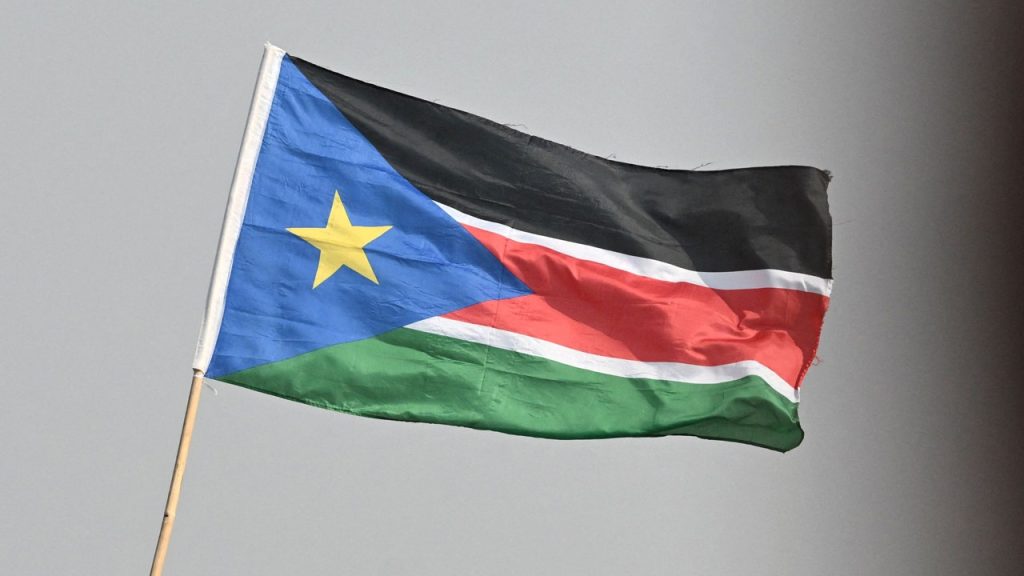The United Nations has called on South Sudan to eliminate newly imposed taxes and charges that have led to the suspension of U.N. food airdrops for thousands of people who rely on outside aid. The U.N. Humanitarian Affairs Agency reported that the suspension of airdrops in March had affected 60,000 people living in areas that are inaccessible by road, and this number is expected to increase to 135,000 by the end of May. The new charges, introduced in February, would have increased operational costs by $339,000 monthly, enough to feed over 16,300 people. The charges are related to electronic cargo tracking, security escort fees, and taxes on fuel. Anita Kiki Gbeho, the U.N. humanitarian coordinator for South Sudan, emphasized that their limited funds should be spent on saving lives, not on bureaucratic impediments.
U.N. spokesman Stéphane Dujarric stated that the taxes and charges are also affecting the U.N. peacekeeping mission in South Sudan, which is reviewing all activities, including patrols, construction projects, and educational support. Despite the South Sudan government’s verbal commitment to remove the new charges and taxes since February, there has been no formal commitment in writing. The U.N. estimates that out of the 12.5 million people in South Sudan, approximately 9 million are in need of protection and humanitarian assistance. The country is also facing an influx of people fleeing the conflict in neighboring Sudan, further complicating the delivery of humanitarian aid to those affected by internal strife.
The situation in South Sudan highlights the critical need for continued humanitarian assistance and the importance of removing barriers such as taxes and charges that impede aid delivery. The suspension of U.N. food airdrops due to increased operational costs is causing further hardship for thousands of people who depend on outside assistance. The U.N. stresses that funds should be allocated towards lifesaving interventions rather than bureaucratic obstacles. The impact of the new charges extends beyond food airdrops to affecting the U.N. peacekeeping mission in South Sudan, which plays a crucial role in supporting stability and security in the conflict-affected region.
The ongoing conflict in South Sudan has left millions of people in need of protection and humanitarian aid, exacerbating the already dire situation in the country. The influx of refugees from neighboring Sudan adds to the complexity of addressing the humanitarian crisis and providing assistance to those affected by the internal conflict. The U.N.’s call to South Sudan to remove the new taxes and charges is a plea to ensure that aid can reach those in need without unnecessary financial burdens hindering the relief efforts. It emphasizes the importance of prioritizing humanitarian assistance and saving lives in the face of ongoing challenges and obstacles.
The humanitarian crisis in South Sudan underscores the urgent need for international support and cooperation in addressing the needs of vulnerable populations affected by conflict and displacement. The U.N.’s efforts to provide assistance and deliver aid to those in need are crucial in alleviating suffering and promoting stability in the region. The suspension of food airdrops due to increased operational costs highlights the necessity of removing barriers that impede humanitarian efforts and ensuring that resources are allocated effectively to save lives and support those most affected by the crisis. The international community must continue to work together to address the humanitarian crisis in South Sudan and provide critical assistance to those in need.


